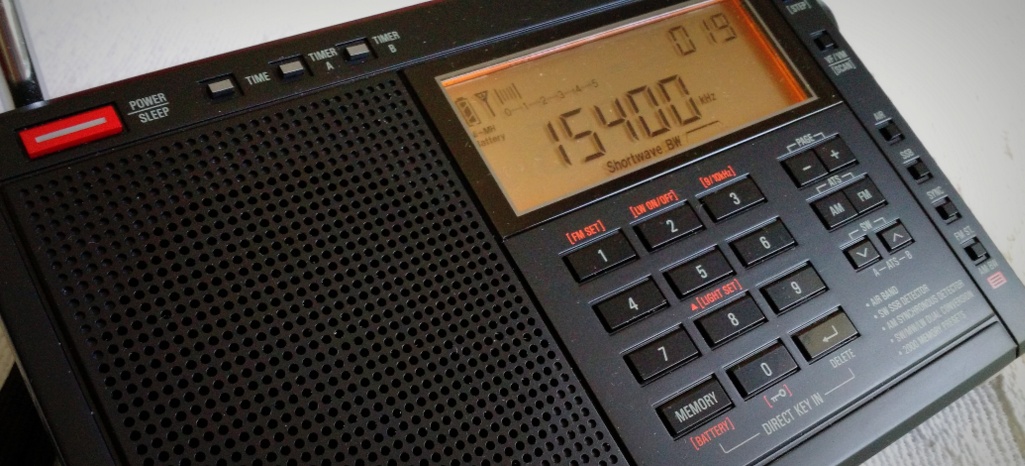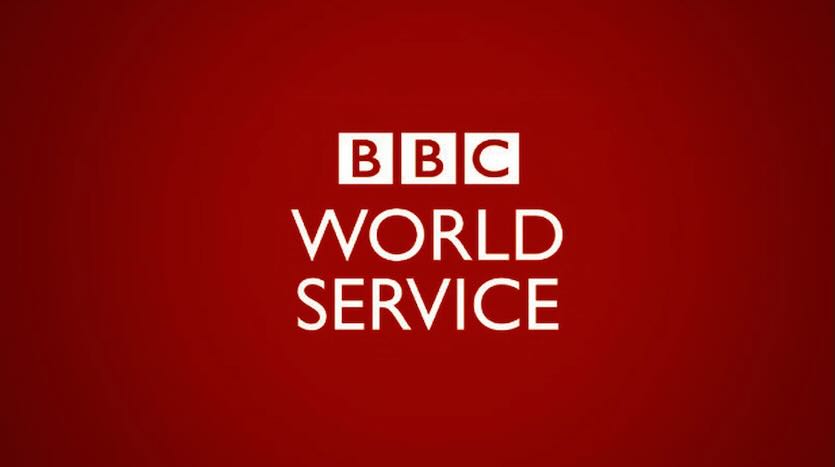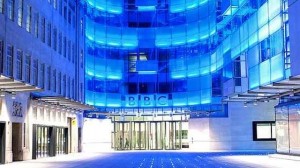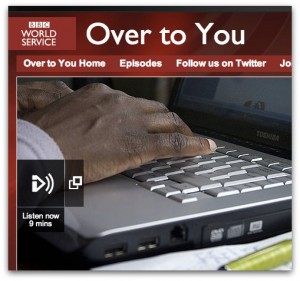 (Source: The Guardian via Mark Hirst)
(Source: The Guardian via Mark Hirst)
Hundreds of jobs to go as BBC announces World Service cutbacks
Corporation to end production of radio output in 10 languages, including Chinese, Hindi and Arabic, as it blames licence fee freeze
The BBC has announced deep cuts to its World Service output that will result in the loss of hundreds of jobs, saying it has been forced to act by the government’s ongoing licence fee freeze.
In a move that could weaken the UK’s soft power around the world, the corporation will stop producing radio output in 10 languages, including Chinese, Hindi, and Arabic.
BBC Persian will end its audio broadcasts aimed at Iran, with the announcement coming at a time when widespread protests are taking place in the country.
There will also be a change in focus of the World Service’s English-language radio output, with more time dedicated to live news and sports programming at the expense of standalone programmes.
About 382 jobs will be lost as a result of the proposals, which the BBC said was required to make £28.5m of annual savings. The broadcaster blamed years of below-inflation licence fee freezes imposed by the government, in addition to the rapidly increasing cost of producing programmes because of the state of the economy.
Philippa Childs of the broadcasting union Bectu said she recognised the BBC needed to adapt to the digital era but that the government’s licence fee freeze has “potential ramifications for the BBC’s reputation globally”.
The World Service was traditionally funded directly by the government and was seen as a soft power tool that provided British news and information to hundreds of millions of people around the globe. This money largely dried up as part of George Osborne’s austerity measures in 2010, when the bill for World Service operations was loaded on to domestic licence fee payers.
Since then the BBC has had to go cap-in-hand to the government to seek extra funding to support specific World Service projects, with ministers providing around £400m in additional cash since 2016. However, there are doubts about how long these deals will continue. Earlier this year the BBC had to ask ministers for an emergency £4m to keep its operations in Ukraine and Russia on air. [Continue reading at The Guardian…]




 SWLing Post reader David
SWLing Post reader David